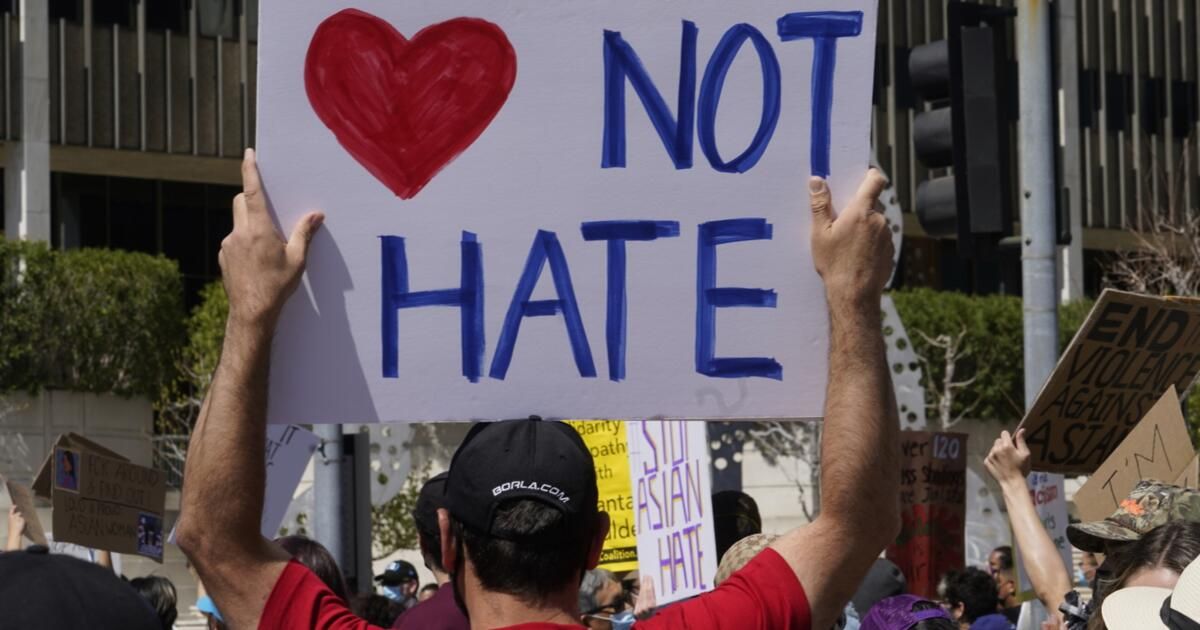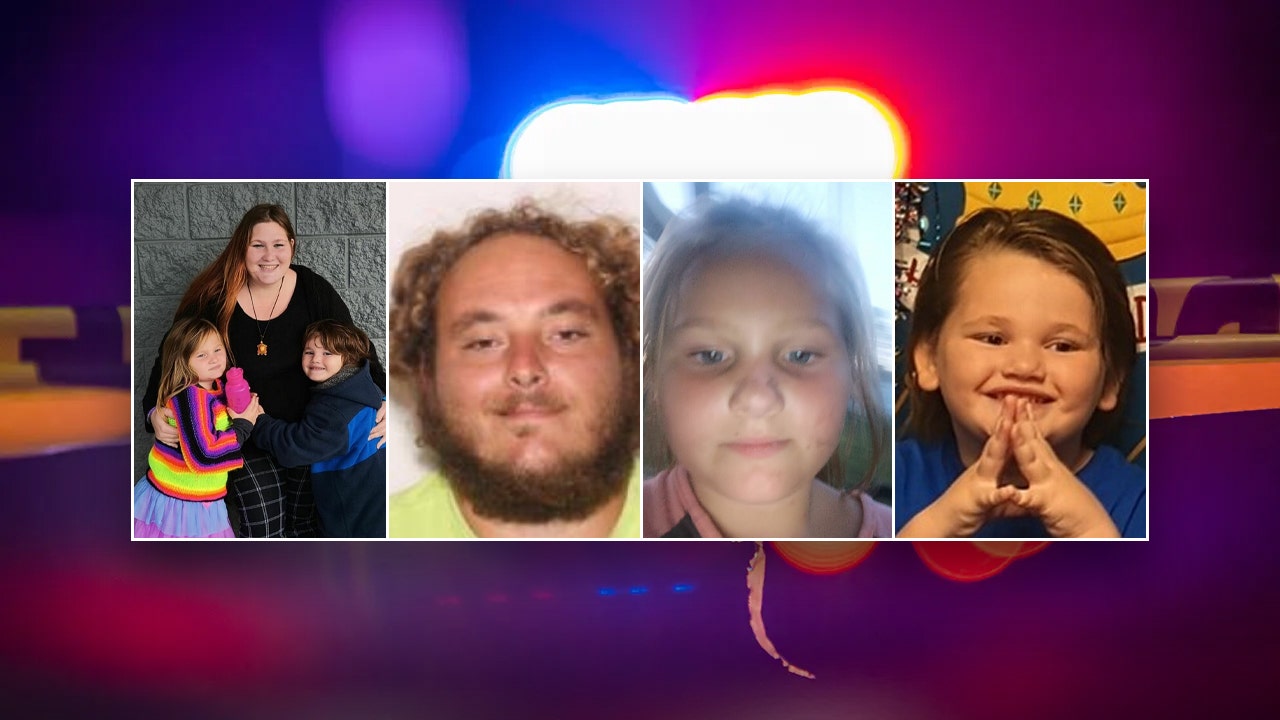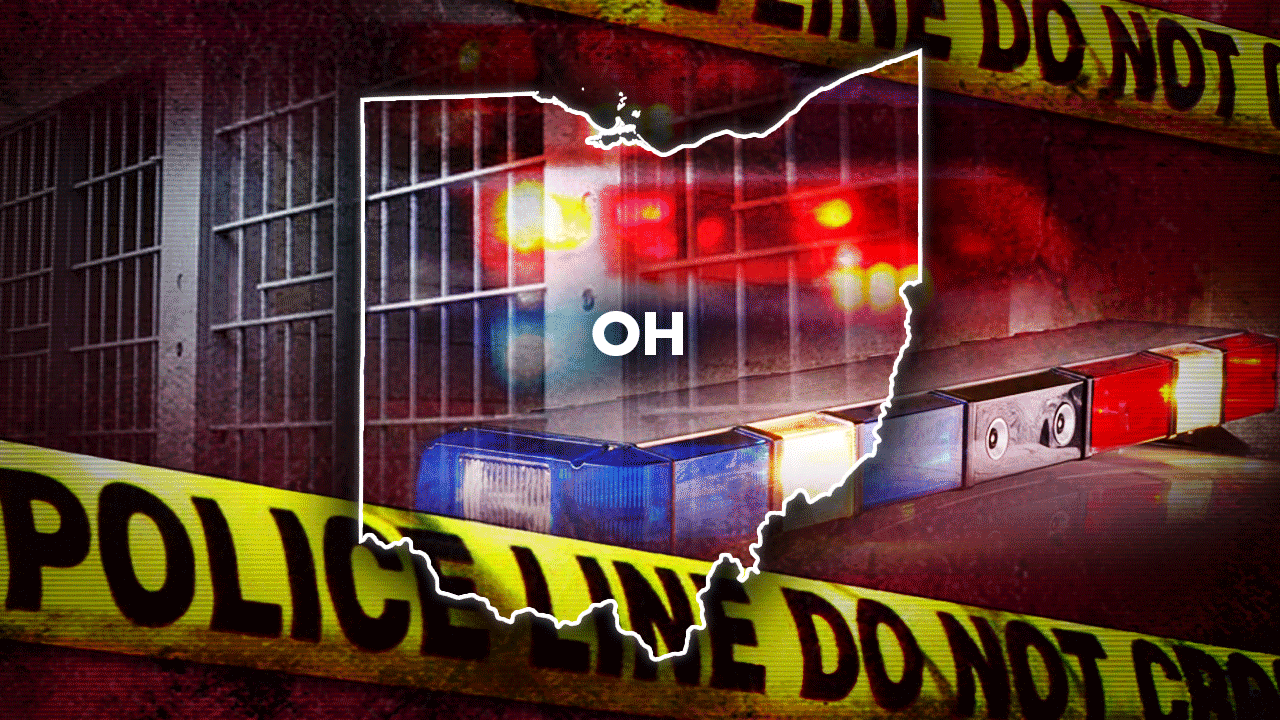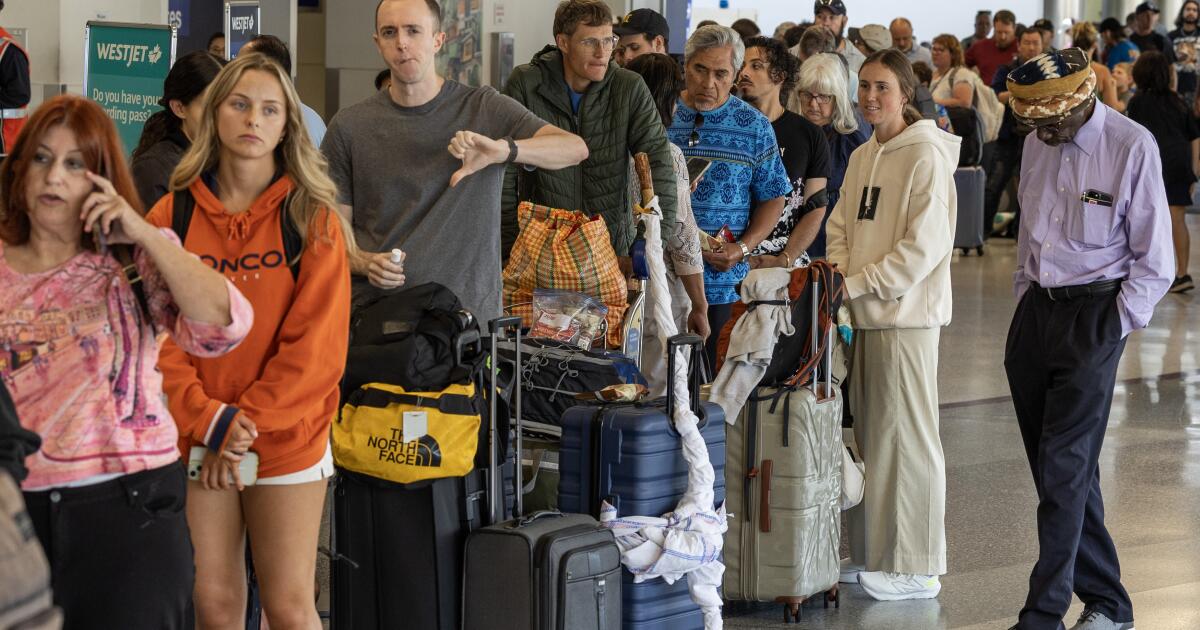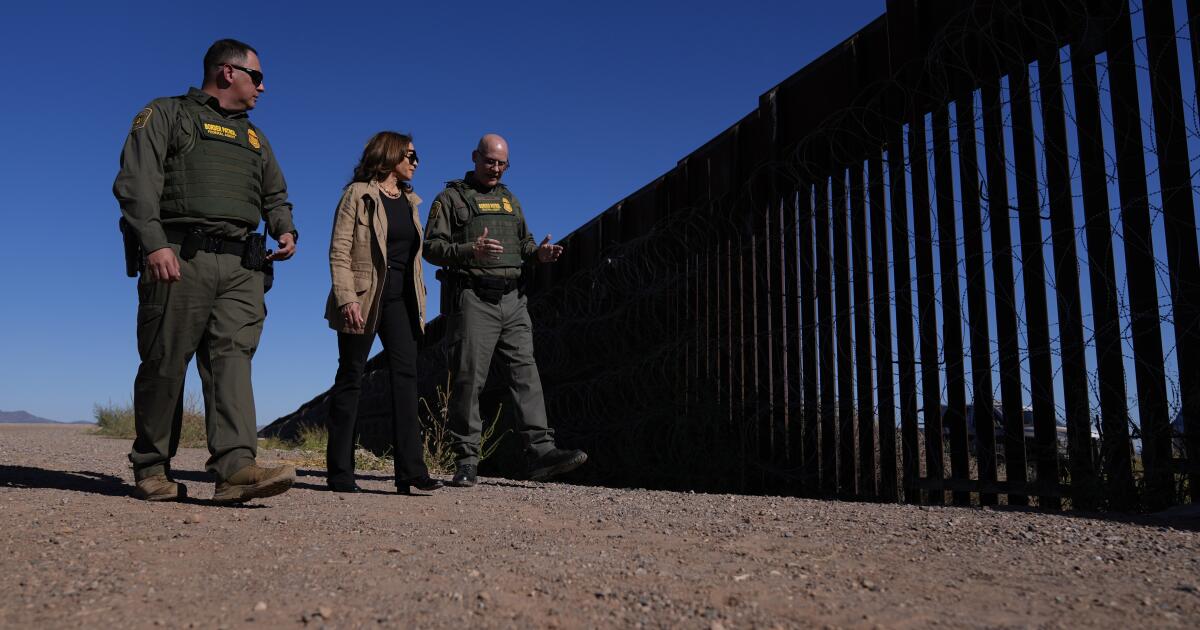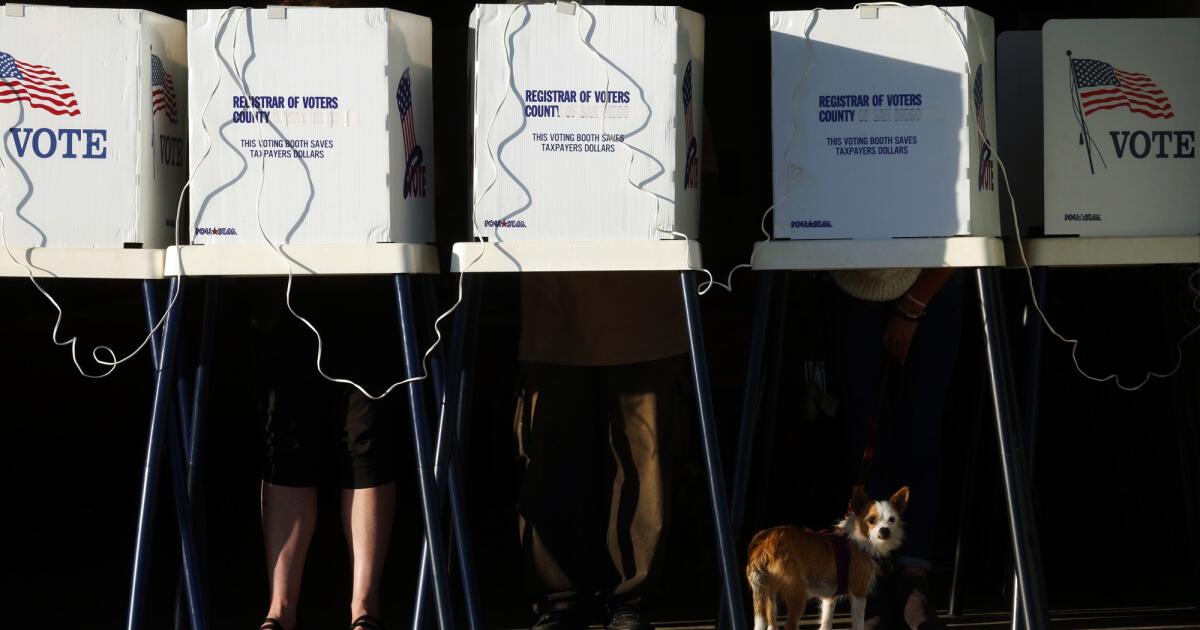In the year since California launched a hate crime reporting hotline, the majority of calls were related to race or ethnicity, with 26.8% of calls citing anti-Black bias. The second and third most cited incidents involved anti-Latino and anti-Asian bias, state officials announced Monday.
The state hotline was created to address the rise in hate crimes in California during the COVID-19 pandemic, by compiling a comprehensive database to track incidents and offer an alternative to police intervention. In the year since its debut, the state has received 1,020 reports of hate crimes, including reports of discrimination and harassment. Most complaints were reported at residences, such as houses or apartment complexes, and at the workplace.
“This program is new. Therefore, this data should not be treated as if it were a representation of all acts of hate in our state. We have more work to do,” Kevin Kish, director of the California Department of Civil Rights, said during a news conference Monday.
When someone calls, you can ask to be connected to mental health services, to help you file a civil rights complaint, or to be directed to legal services.
This one-year mark comes on the heels of reported increases in crimes against the Jewish and Palestinian communities and as the state Legislature deliberates a reparations package aimed at remedying the legacy of slavery.
“There is no question that the work on reparations is directly related to the work on countering hate,” said Becky Monroe, deputy director of strategic initiatives and external affairs at the California Department of Civil Rights. She called the work on hate crime reporting “central” to the state's reparations plans.
Racial and ethnic bias was the most cited reason for calls and accounted for more than a third of total calls received, state data show. The second most reported category was related to gender identity, representing 15.1% of calls, while calls related to sexual orientation represented 10.5%.
Calls related to anti-Jewish violence accounted for 36.9% of calls against religious targets. Second most reported was Hindu bias, which accounted for 23.3% of calls. Anti-Muslim bias accounted for 14.6%, according to data released by state officials.
When asked if reports of religiously motivated hate crimes increased after the terrorist attacks in Israel on October 7 and the subsequent war against Hamas, Monroe said: “Without a doubt we saw an increase in anti-Jewish, anti-Muslim attacks and anti-Arab American, anti-Palestinian. We saw all of these increase… But I hesitate to say I can give you a cause for it.”
He said October was also the time they were publicly campaigning for the hotline.
People who dial (833) 866-4283 (or 833-8NOHATE) can connect with trauma-informed care coordinators who work for the program. Translation is offered in more than 200 languages.

